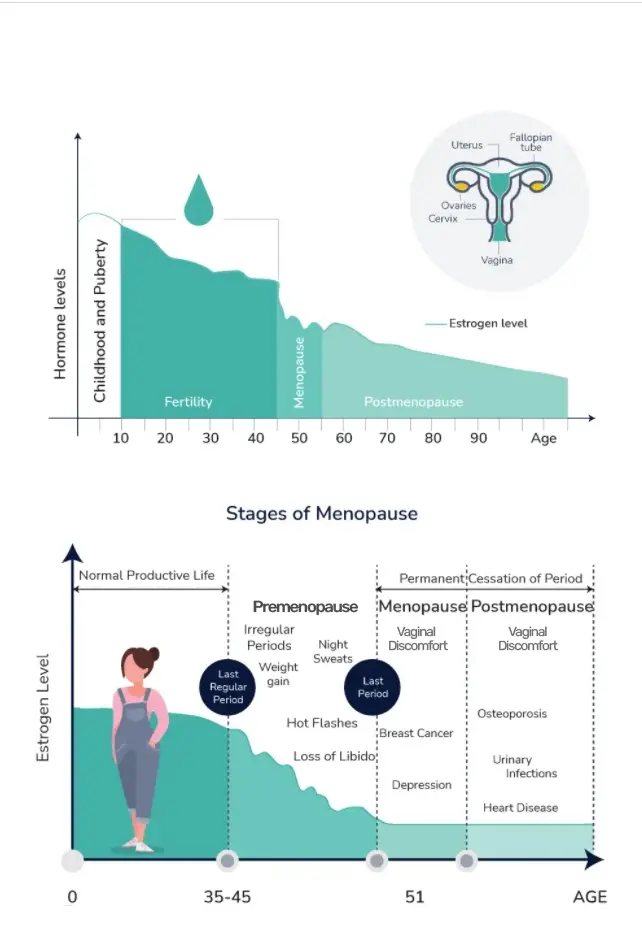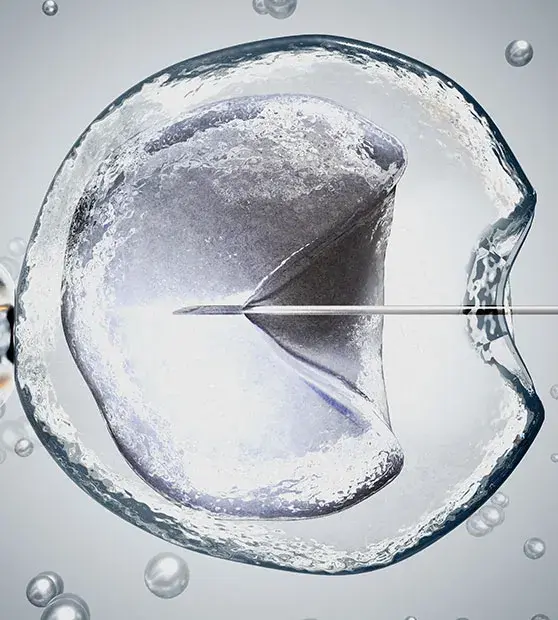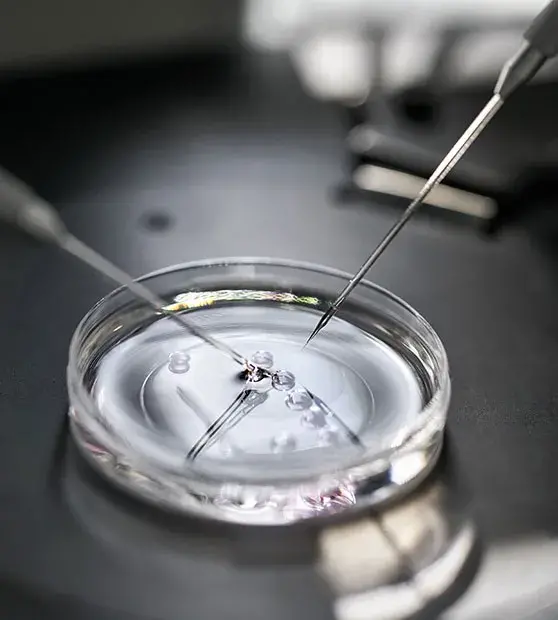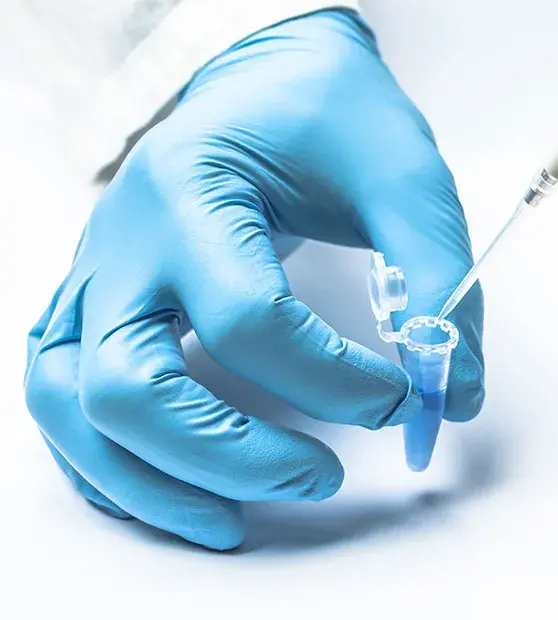Menopause
Menopause is a natural biological phenomenon that marks the stop of monthly menstrual cycles. During this, a female loses her capability to conceive. This results due to lower hormonal production and loss of egg production from ovaries.
Menopause can occur when a female reaches her 50s. Menopausal symptoms may include hot flashes and emotional signs. These symptoms can disturb sleep patterns and affects emotional health negatively.
What are the phases of menopause transition?

- Premenopause – In this, the menstrual cycle becomes irregular in timing. Also, a decline and irregularity are seen in the levels of reproductive hormones.
- Perimenopause – During this, wide variations are seen in the reproductive hormones. It results in night sweats, hot flashes, sleep problems, and vaginal dryness. Also, adverse effects have been seen on fertility owing to the irregularity of the cycle.
- Menopause – Menopause is, in other words, the last menstrual period after the body releases its hormones.
- Postmenopause – This is the period after menopause. This results in an amplified risk of osteoporosis and heart condition because of reduced estrogen levels.
What are the symptoms?
A female may experience the following signs and symptoms:
- Irregular menses
- Hot flashes
- Vaginal dryness
- Sleep disturbance
- Mood swings
- Night sweats
- Dry skin and thinning hair
- Weight gain and slowed metabolism
What are the causes?
Menopause can be caused by:
- Chemotherapy and Radiation therapy: These interventions are known to induce menopause and its associated symptoms. Radiation therapy only affects the ovaries if the target of radiation is an ovary. If the radiation is targeted to other body parts, then it won’t affect menopause.
- Surgical procedure on the ovaries (Oophorectomy): When a surgical procedure is done on the ovaries to remove them, it results in instant menopause. Periods stop, and the female experiences hot flashes and other symptoms.
- Primary Ovarian Insufficiency: Around 1% of females experience menopause before 40 years (premature menopause). This results from a lack of hormonal production by the ovaries (primary ovarian insufficiency). The major factors include genetic factors or autoimmune diseases.
What is the diagnosis of menopause?
- A complete evaluation of parameters such as age, medical history, and information regarding menstrual patterns is taken.
- Additional blood tests to assess the FSH levels (Follicle Stimulating Hormone) and Anti-Mullerian-Hormone (AMH) must be done for diagnosing menopause
What are the treatment options for menopause?
- If a female achieves menopause after her 50’s, it is not an ailment but a natural phase of life. Thus, it may not require any medical treatment. Conversely, a hormonal replacement treatment may offer relief from menopausal symptoms. This is particularly helpful in cases when menopausal symptoms drastically affect a female’s life.
- Hormone Replacement Therapy (HRT): This therapy is an efficacious treatment against menopausal signs. It helps to replace the estrogen and progesterone hormones. Each patient may give a different response to HRT. HRT is effective in treating hot flashes, vaginal dryness, night sweating and prevents the loss of bone density as a female age advances.




